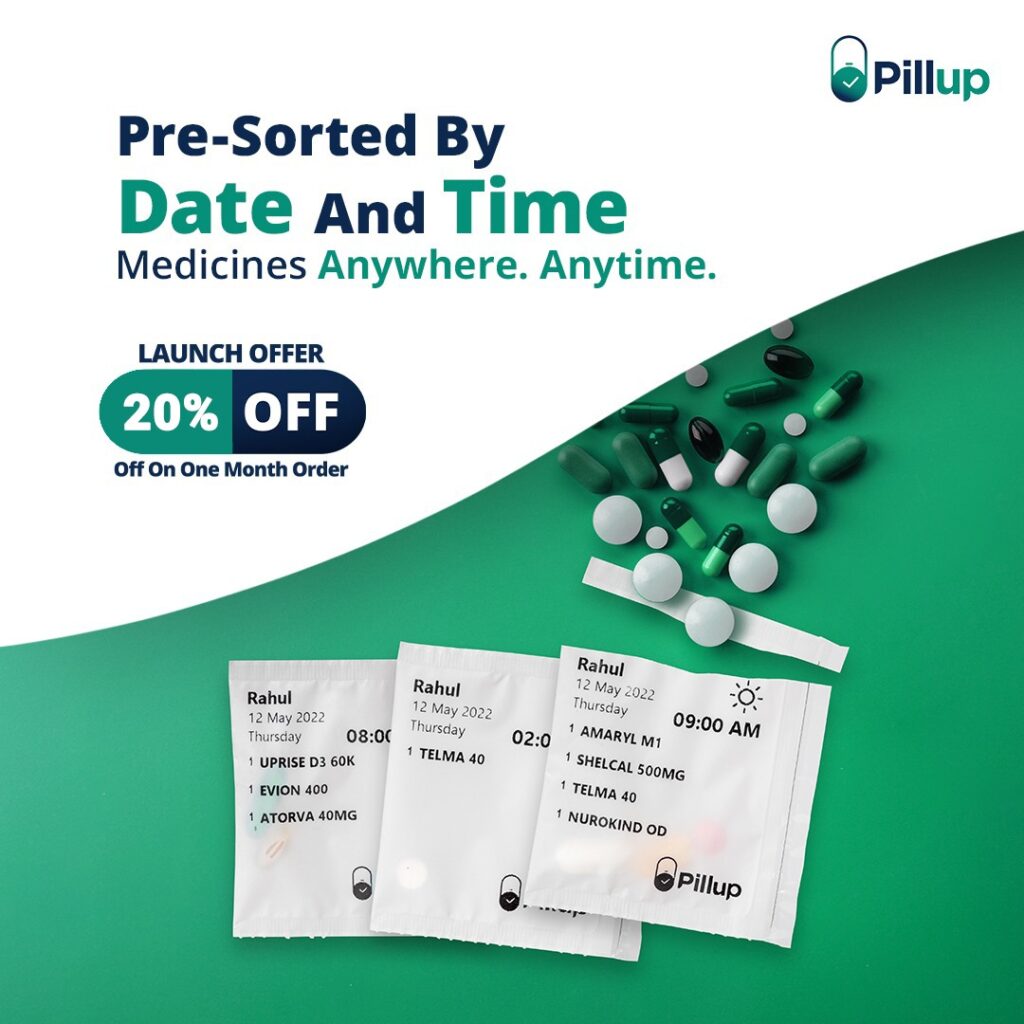Almost everyone has experienced the challenge of taking medications as prescribed. It can be difficult to remember to take your pills, and then there are the side effects to contend with.
If you’re struggling to take your medication as prescribed, you’re not alone. According to the World Health Organization, poor adherence to medication regimens is a major public health problem worldwide, and it’s estimated that only half of the patients with chronic diseases take their medications as prescribed.
There are many reasons why people struggle with their medication compliance, but the good news is that there are strategies that can help. We’ll talk more about it later but first let’s understand what exactly is medication adherence, its importance, and its causes.
What is medication adherence?
Simply put, medication adherence is taking your medications as prescribed by your doctor. This means taking the right dose at the right time and not skipping doses. It also means not stopping your medications ahead of time.
Good adherence is important because it helps to ensure that you get the most benefit from your medications. When you take your medications as prescribed, they are more likely to be effective in treating your condition and preventing complications.
Poor adherence, on the other hand, can lead to less effective treatment, disease progression, and even death.
Is Medication Adherence important?
Yes, medication adherence is very important. In fact, according to an article published by Business Standard, it has been estimated that almost 122 Indians per 100,000 die due to poor medication adherence.
Sticking to your medication regimen can be especially important if you have a chronic disease. That’s because chronic diseases are long-term conditions that require ongoing treatment. When you don’t take your medications as prescribed, you’re at risk for serious complications, such as:
- Worsening of your condition
- Hospitalization
- Death
Most of the time adults miss out on their medication because of the hectic lives they lead. Taking out some time to ensure you’re adhering to your medication schedule is essential. By doing so, you can avoid any potential health risks associated with missing a dose or taking too much medication.
Good medication adherence can help to improve your health, quality of life, and longevity. It can also help to reduce your healthcare costs.
Causes of medication non-adherence?
There are many reasons why people struggle to take their medications as prescribed. Some of the most common reasons include:
Cost:
Medications can be expensive, and the majority of the Indian population cannot afford them.
Side effects:
Many medications have unpleasant side effects that make people reluctant to take them.
Forgetfulness:
It can be easy to forget to take your medications, especially if you have a busy lifestyle.
Confusion:
Some people find it confusing to take multiple medications or understand the instructions on their labels.
Denial:
Some people may be in denial about their need for medication, which can lead them to skip doses or stop taking their medications altogether.
Now that we’ve talked about what medication adherence is and why it’s important, let’s look at some strategies that can help you to improve your own adherence.
7 strategies to improve your medication adherence
1. Keep a calendar or pill box
One of the best ways to ensure that you take your medications as prescribed is to keep a calendar or pill box. This will help you to keep track of when you need to take your medications and make sure that you don’t forget a dose.
2. Set reminders
Another helpful strategy is to set reminders on your phone or computer. You can set up an alarm to remind you when it’s time to take your medication, or you can use a medication tracking app.
3. Ask a friend or family member for help
If you’re struggling to remember to take your medications, ask a friend or family member for help. They can remind you when it’s time to take your medication or even help you to fill your pill box.
4. Get yourself a caretake
If possible, get yourself a caretaker who can help to make sure that you’re taking your medications as prescribed. This is especially helpful if you have a lot of medications to take or if you have difficulty remembering to take them.
5. Simplify your regimen
Taking multiple medications can be confusing and difficult to keep track of. If possible, ask your doctor if there’s a way to simplify your regimen. For example, you might be able to take one medication instead of two or three.
6. Stick to a schedule
Adhering to a set schedule when taking your medications can be helpful. This means taking them at the same time each day and spacing them out evenly throughout the day. If you often find yourself on the go and are unable to eat regularly, consider keeping a spare supply of meds with you at all times. This will help you remember to take them and ensure you’re getting the full benefit of your medication.
7. Use PillUp
PillUp makes it easy to get the medicine you need when you need it. With PillUp’s pre-sorted medicines by time and date in easy-to-tear pouches, you’ll always know when it’s time to take your next dose. Plus, PillUp sends reminders through WhatsApp, call, or app notifications so you never miss a dose! Whether you’re at home or on the go, PillUp makes getting your medicine convenient and hassle-free.



